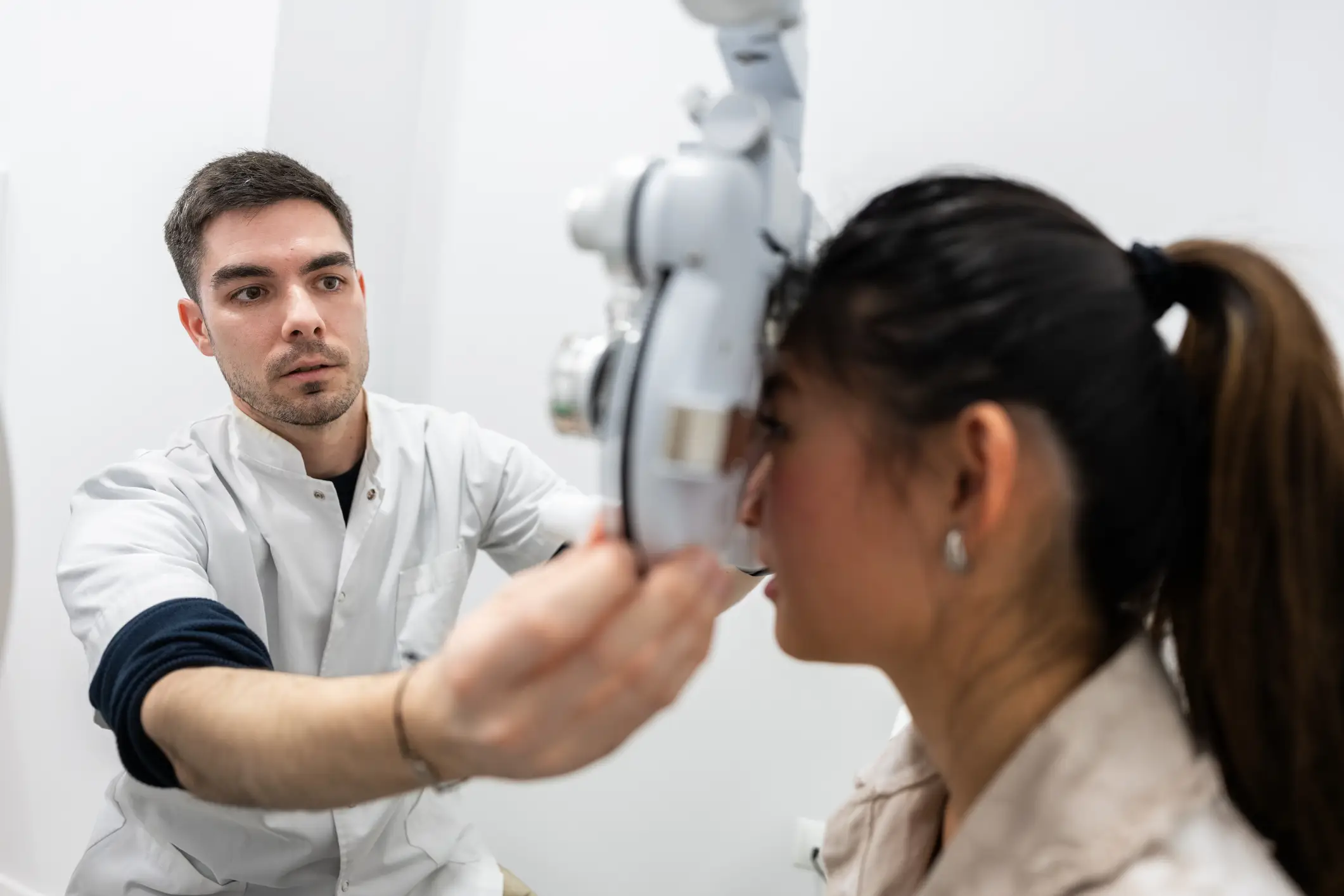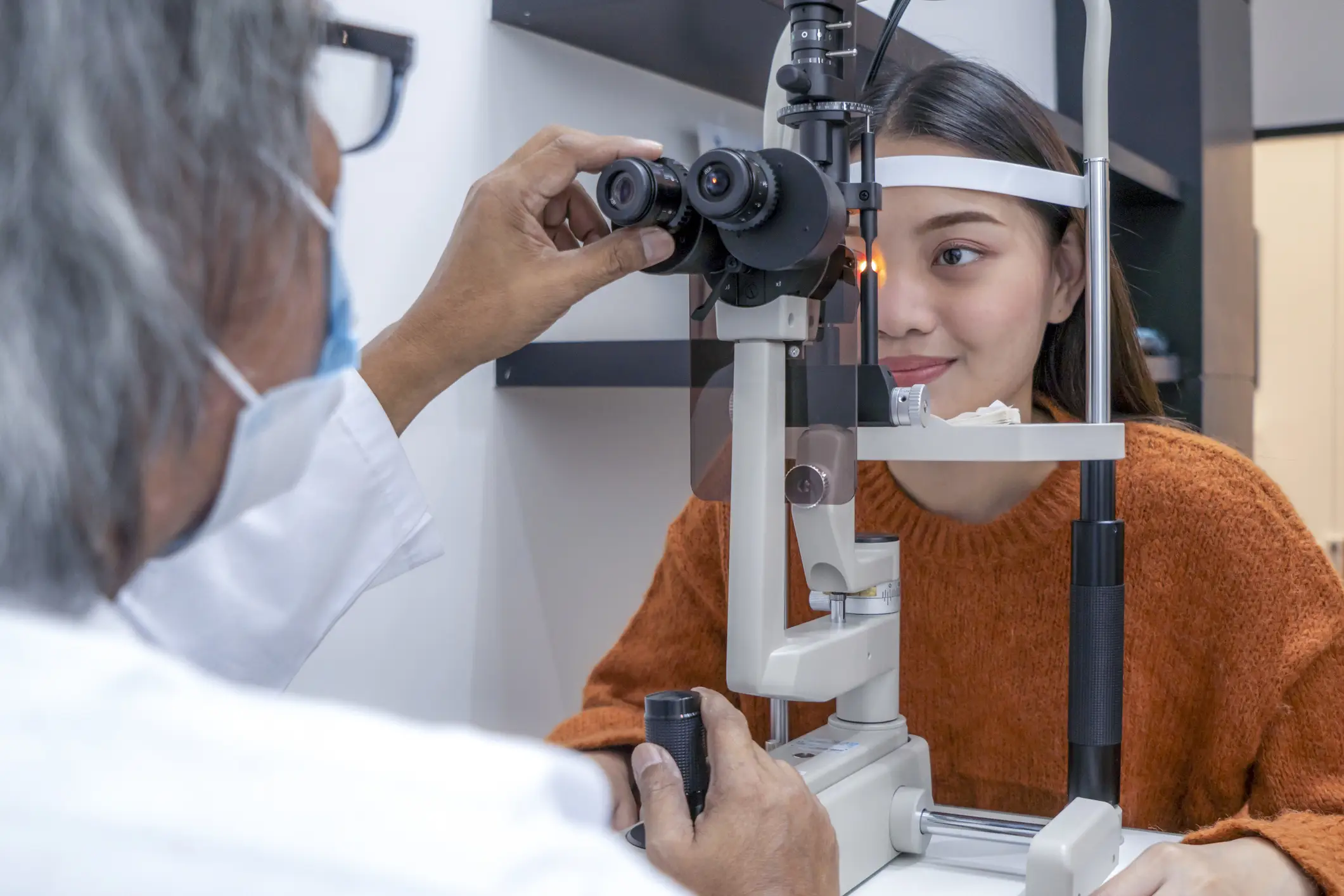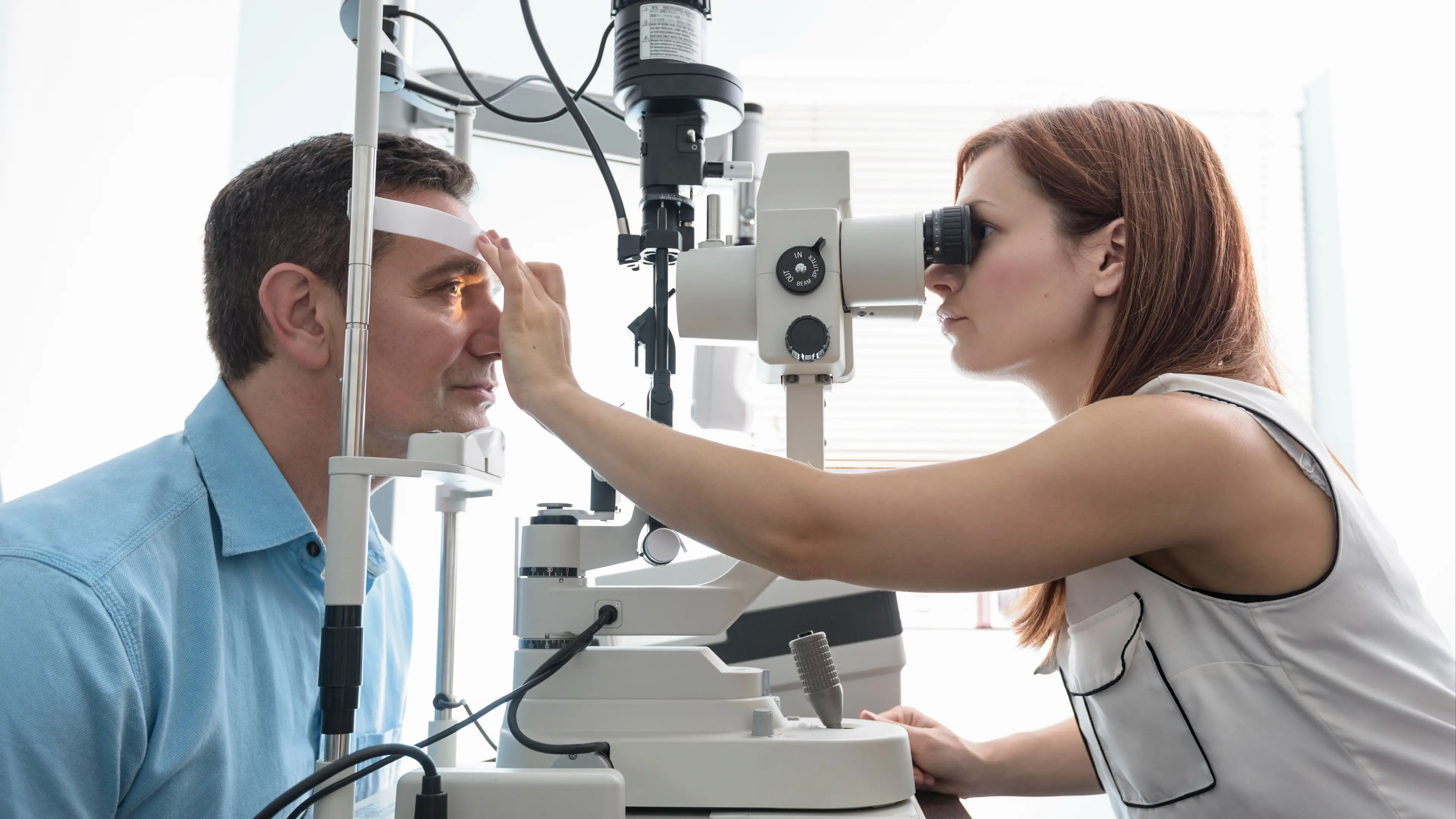Scientists have revealed a shocking new eye test which could predict dementia decades early
Opticians may be able to spot signs of the devastating Alzheimer's disease up to 20 years before symptoms appear by routine eye tests, say scientists.
The eye tests could be available within the next few years.
The study and findings were a build on Jackson Laboratory's 2022 study in Maine. The scientists observed a test on mice, which led them to the new disease detecting test.
Advert
The aim of the test was to learn in depth about how eye health exactly has a direct effect on dementia.
Dr Alaina Reagan- JAX neuroscientist explained: "Most people over the age of 50 have a vision impairment and get checked annually for any prescription changes. Are they more at risk if they have these vascular changes and is that a point where doctors could start mitigating brain changes."
The study is not just focusing on a cause and solution for the disease, because these conditions can depend on several different environmental and genetic factors. However, if the clinicians know the signs to look for, they can recommend further or tests.

The researchers studied mice with a mutation called MTHFR677C>T- found in 40 percent of people. Their findings revealed that the mice's retinas had twisted vessels, narrowed and swollen arteries, and less vessel branching as early as six months old.
Reagan added: "Vessels that appear more twisted and looped than normal can signal hypertension problems because of the narrowing tissue limits nutrient and oxygen transport."
There are abnormal links in the study to retinal cells and early dementia risks. Reagan labelled the retina as a 'powerful biomaker' for Alzheimer's and dementia diseases.
She said: "If you're at an optometrist or ophthalmologist appointment, and they can see odd vascular changes in your retina, that would potentially represent something happening in your brain, which could be very informative for early diagnostics."

It found the link between vascular health in the retina that resembles human disease. The mice of this study had fewer vessels in their cortex and reduced blood flow to the brain.
The retina is part of the central nervous system, allowing scientists to see it as an extension of the brain which shares the same tissue. So, changes in retinal blood vessels are the early clues about brain health.

